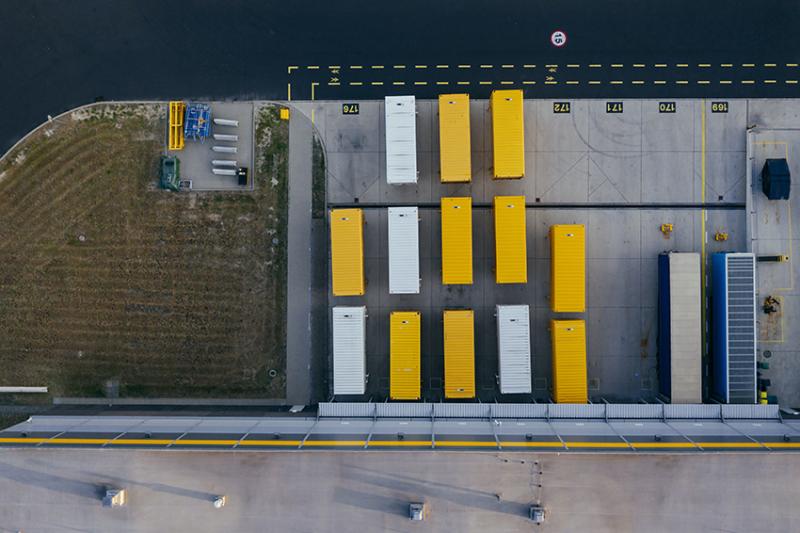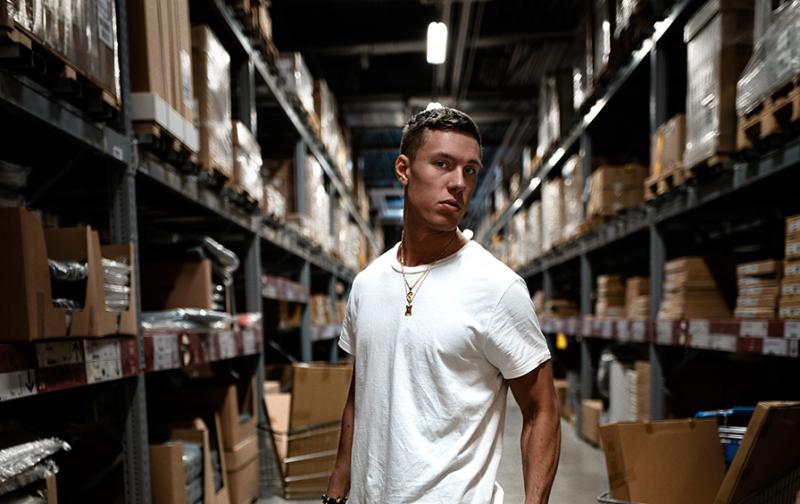Warehousing
Warehousing and logistics form critical connections in global supply chains, vital for the stability of the global economy. Post- pandemic especially, warehouse workers are driving the booming e-commerce industry. But far too often warehouse workers are forced to work in precarious and unsafe conditions. We are coming together to unionise this crucial sector, demanding that logistics companies, their clients and regulatory bodies commit to standards that protect workers and create good, union jobs.
ISSUES
Warehousing workers work in unsafe conditions, to unrealistic quotas and targets, often under excessive surveillance within a business model that deprives them of good, quality jobs. Shifts in warehousing and logistics towards just-in-time delivery models, rampant outsourcing and the growing use of an informal workforce, threaten workers’ rights and the resilience of these critical nodes in global supply chains.
The growing use of automation, algorithmic management, artificial intelligence and surveillance in the sector is exacerbating abuse and exploitation. With a warehousing and logistics footprint in airports, ports, railyards and across the road transport industry, the ITF together with our 300+ affiliated unions, is organising and campaigning for workers’ rights, accountability and sustainability in the warehousing and logistics industry.
OUR PRIORITIES
ACCOUNTABILITY
RIGHTS
SAFETY
DIGITALISATION
EQUALITY
Contact us

The ITF’s Warehousing and Logistics team campaigns to secure and improve the safety, rights and labour standards of warehouse workers globally. Our strategy in warehousing and logistics is three-pronged:
- Securing industry-leading protections through globally coordinated collective bargaining
Across the global footprint of warehousing and logistics companies, we are working with our affiliated unions and supporting each other to win collective bargaining agreements that secure strong and enforceable conditions that raise employment standards. - Holding companies accountable for working conditions in their supply chains
Through organising and campaigning, we are shining a spotlight on the safety, rights and conditions of workers across the supply chains of major companies. We are holding them responsible for all workers that move and distribute their goods and services. - Advocating to level the playing field in warehousing
We are advocating for regulation that strengthens employers’ responsibility and accountability for the treatment of workers in their supply chains. At national and international levels we are working to secure standard-setting regulation that increases transparency and accountability in global logistics chains.

We build industrial solidarity, bringing together warehousing and logistics workers and their unions across the globe to raise standards throughout supply chains by:
- Accountability: Holding companies accountable for establishing and enforcing decent labour standards for all workers that move and distribute their goods.
- Rights: Enforcing workers’ rights, and working with affiliates to increase union recognition and workers access to join a union and collectively bargain.
- Safety: Exposing the unsafe conditions and putting safety before quotas and targets.
- Digitalisation: Ensuring that the introduction of new technologies, whether its automation, algorithmic management, artificial intelligence or surveillance, works for warehouse workers.
- Equality: Alongside our affiliated unions, we are addressing inclusion of women, migrant workers and other exploited groups in warehousing and strengthening their access, rights and equality at work.
With warehouses and logistics operations at ports, airports, railyards and across road transport networks, the ITF’s is approaching our warehousing and logistics work on a global, transport industry-wide basis to win for workers at every link in global supply chains.


The ITF’s Warehousing and Logistics Steering Committee brings together warehouse workers’ representatives from across all sectors from aviation, maritime, rail and road transport. As well as women and youth leaders, it includes trade-unionists in every world region representing all aspects of warehousing and logistics in global supply chains.

